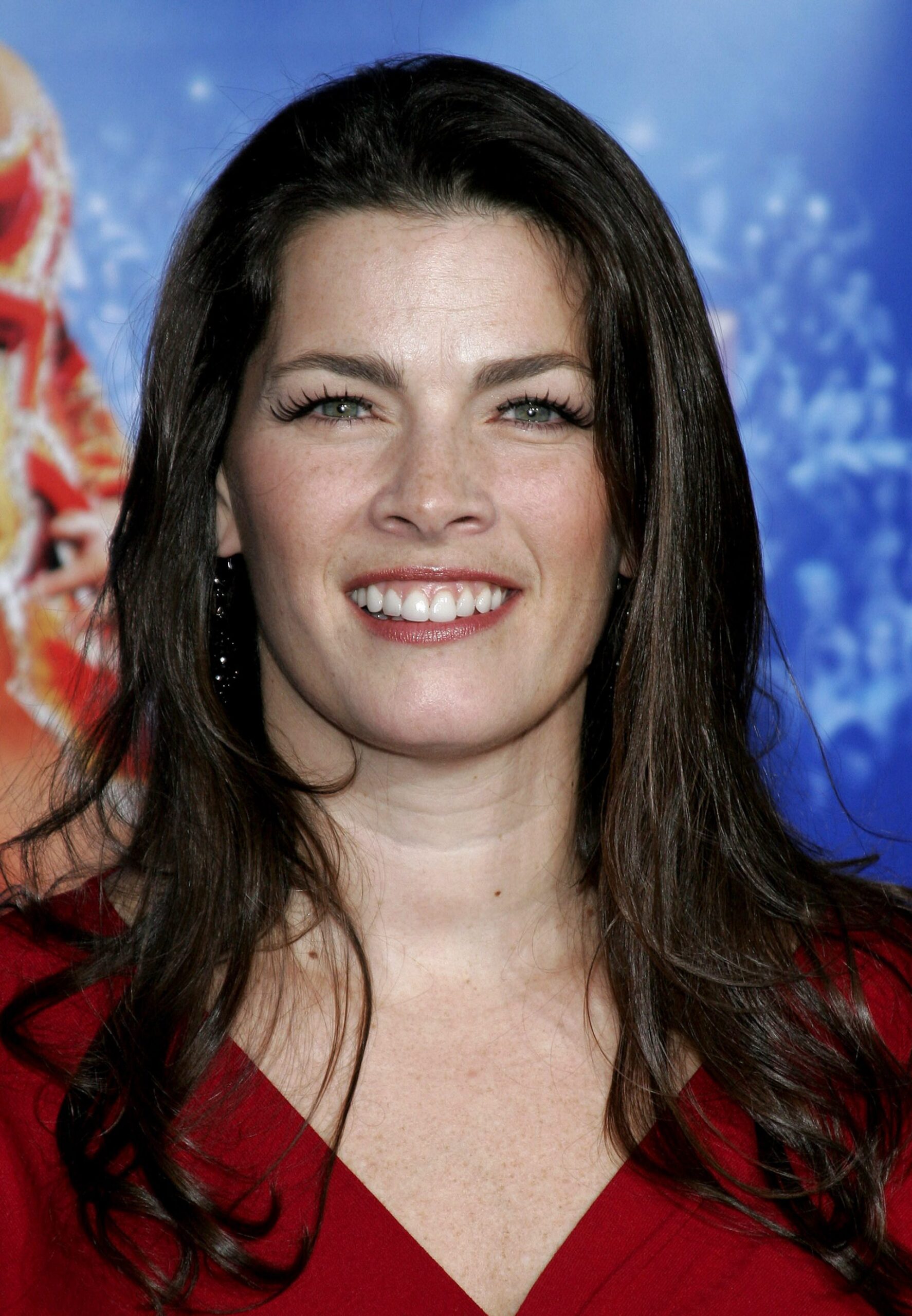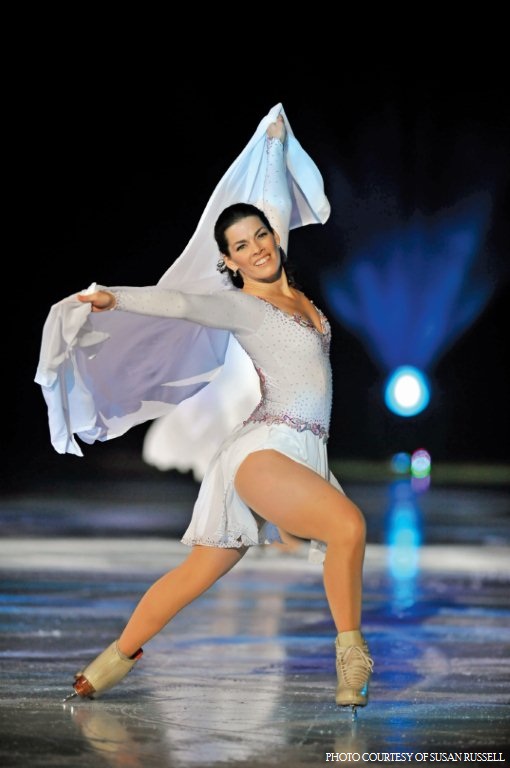
Celebrity Spotlight: Nancy Kerrigan
The Olympic medalist talks about what she’s learned through adversity, advice for chasing your dreams, and her new documentary about eating disorders in the world of sports, entitled Why Don’t You Lose 5 Pounds?
RI: Taking a step back in time, when was the first moment that you knew you wanted to be a professional skater? Where there any doubts about achieving that goal?
NK: I never set out to be a pro skater or an Olympian. I skated because it was fun. I loved the speed. As time went on I loved it more and got better, but my hope was that I could get good enough to teach and pay my way through college. It wasn’t until much later that I realized I might be able to represent the United States in the Olympics, which only two or three people every four years get a chance to do.
RI: What was the biggest challenge in making that dream a reality? What advice can you give to an athlete that is facing financial hardships?
NK: My overarching advice to anyone is to do something you love. If you can find that, then at least you will always enjoy it. I loved to skate and perform, so I was lucky. As for the finances, when they say it takes a village, they aren’t kidding. I could never have done what I did without the help of so many who aided me financially and in so many other ways. It sure helps to have a great support system.
RI: Outside of your Olympic career, what is your greatest accomplishment?
NK: It is probably a cliché, but I most treasure my kids! I so value being a mom and being able to be there for my kids. Beyond that, I am humbled by the fact that I have had an influence on others, which is a huge compliment and a responsibility I take very seriously.
RI: How has your perspective on young athletes changed since having children? Would you encourage your kids to choose one strength to develop, or instead explore a lot of different sports and interests?
NK: My kids have all taken to their own areas, be it theater, gymnastics or ballet, at a very young age. We have been supportive because they love those disciplines. But I would love to see kids explore many things before becoming so focused. Today’s environment of specializations so early is dangerous in my view.
RI: You’ve spoken about experiencing fertility issues in the past. If you could give one piece of advice to a woman struggling with the same issue, what would that be?
NK: Recognize first that you are not alone. Communicate with your partner. Also realize that this is not your fault. These are hard to do but it will help anyone get through what is definitely a difficult situation.
RI: Athletes battling eating disorders is a topic that you’re raising awareness of with your new documentary “Why Don’t You Lose 5 Pounds?” What can we do better to help athletes learn more about this issue and recover?
NK: Parents, coaches, and peers have no idea the impact they have by innocently suggesting that someone’s performance might improve slightly if they lost a couple of pounds. That has a way of sometimes spiraling into so much more and becoming destructive when it was meant to be helpful. So it really is a difficult topic. Our movie is meant to address that and is still in production. But anyone having issues should reach out to their physician. Similar to the fertility issue, silence is not your friend in these situations.
RI: You did an amazing job on Dancing with the Stars—congratulations! What was your fitness routine like, and was it a challenge to take off the skates and put on the dancing shoes?
NK: It was a great experience for me, but it was rigorous for sure. My body doesn’t react the way it did when I was 22. I loved the challenge of learning new things and their format is tough as you have to learn a new routine every week — that’s very different from skating, where you basically do the same competitive routine for a whole season. But it was all great. I would do it again if I could.
RI: What is your training routine like today?
NK: I try to work out every day but I don’t always succeed. I like to do a combination of stretching, cardio, weights, spinning, and yoga. I like to mix it up to keep it fresh and interesting.
RI: Having dealt with back issues, is there a specific technique that has helped you recover?
NK: I can never get enough deep tissue massage. I also get a monthly myofascial release. At home I use foam rollers a lot and find that when I lie with the foam roller on my back along my spine, it really helps. One thing is for sure, taking care of your body is so important and some of the options today are so much better than when I was competing. But’s never too late to try what’s new.
Sara-Jane McShane is a fitness author, trainer, and nutritionist. Follow her on Twitter and visit her website.


